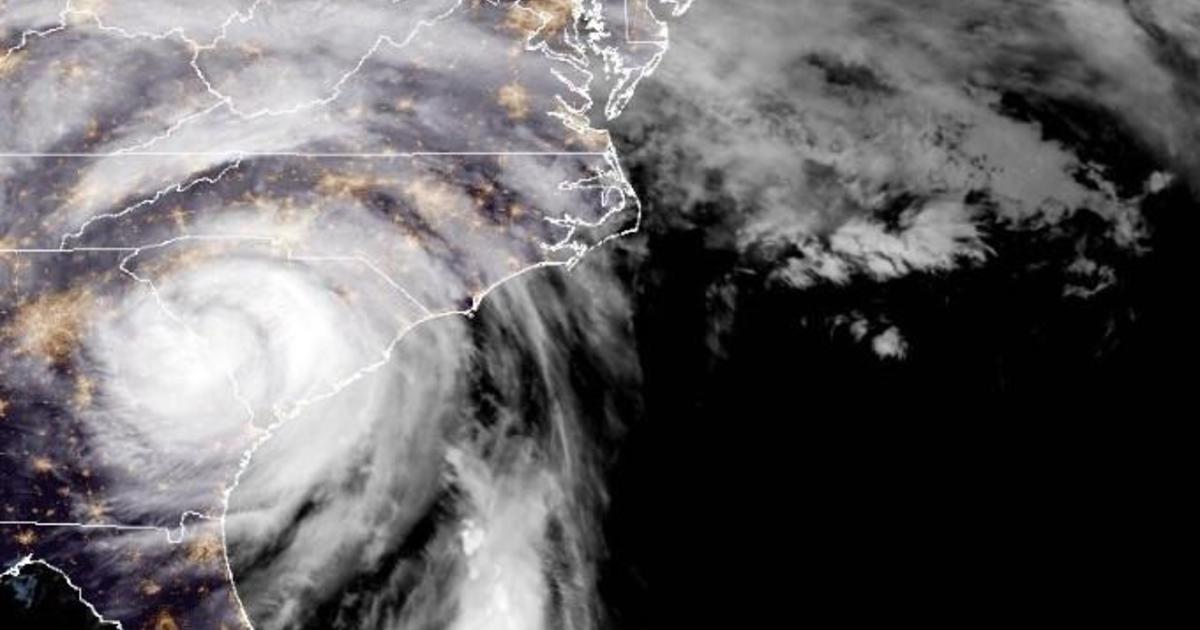Hurricanes are known for causing deaths and severe damage along their paths, but new research suggests major weather events like these are an indirect driver of thousands more deaths for years after a storm passes.
In the study, published Wednesday in Nature, Stanford University researchers found a “robust increase in excess mortality” following tropical cyclones in the United States between 1930 and 2015. The authors also observed the increase in deaths persists for about 15 years after each weather event.
Tropical cyclones are defined in the study as both hurricanes and tropical storms.
“In any given month, people are dying earlier than they would have if the storm hadn’t hit their community,” senior study author Solomon Hsiang, a professor of environmental social sciences at the Stanford Doerr School of Sustainability, said in a news release. “A big storm will hit, and there’s all these cascades of effects where cities are rebuilding or households are displaced or social networks are broken. These cascades have serious consequences for public health.”
An average U.S. tropical cyclone indirectly causes 7,000 to 11,000 excess deaths, Hsiang and lead study author Rachel Young estimate.
Health outcomes among infants less than a year old, people aged 1 to 44 and the Black population were especially affected, according to the study.
“These are infants born years after a tropical cyclone, so they couldn’t have even experienced the event themselves in utero,” Young said. “This points to a longer-term economic and maternal health story, where mothers might not have as many resources even years after a disaster than they would have in a world where they never experienced a tropical cyclone.”
Researchers estimate the current tropical cyclone climate of the contiguous United States imposes an annual burden of around 55,280 to 88,080 excess deaths. One average U.S. tropical cyclone indirectly causes 7,000 to 11,000 excess deaths, they estimate.
“These findings point to (tropical cyclones) as an important and understudied contributor to health in the United States, particularly for young or Black populations,” the authors note.
The study did not explore why exactly these storms seem to drive excess deaths in the years following a major storm, but the authors shared a few hypotheses, including the impact of economic disruption, heightened physical and mental stress and changes in the natural environment.
“With climate change, we expect that tropical cyclones are going to potentially become more hazardous, more damaging, and they’re going to change who they hit,” Young said.
